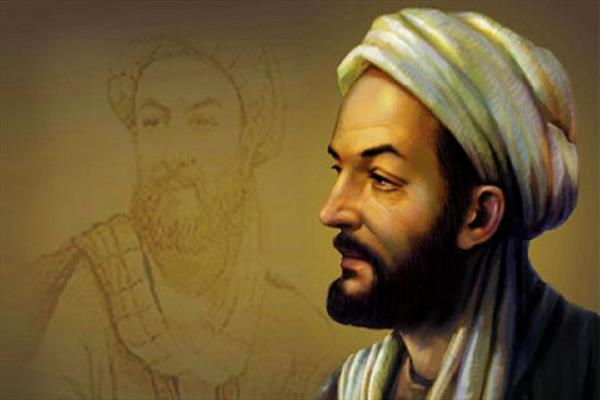
RNA – On the birth anniversary of ibn Sina, known as Avicenna in the West, Rasa News Agency publishes the statement of the Supreme Leader of the Islamic Revolution, Ayatollah Sayyed Ali Khamenei, about this great Persian polymath:
In the Islamic era, at a time when Avicenna introduced writing and teaching the best theories in the areas of philosophy, medicine, geometry, mathematics and other fields of knowledge, our philosophy and usul al-fiqh (principles of jurisprudence) books made mention of someone named “Rajul Hamadani.”
Rajul Hamadani has a rejected theory; it is a discussion about logic and philosophy. Additionally, in usul al-fiqh, there is a discussion in this regard. When Avicenna went to Hamadan, he met with this man (rajul): he says about him, “He was an elderly man with many positive characteristics.”
Based on what he says about this man, it becomes clear he was a man knowledgeable in geometry, philosophy and logic, a thousand years ago. A thousand years ago means the fourth century of the Hijri calendar – the tenth century of the Christian calendar. How was the tenth century of the Christian calendar? It was the heart of the well-known Middle Ages. The Middle Ages that you have heard about is related to Europe, not Iran. The day when the Middle Ages, in Europe, were marked by darkness and total ignorance, there was Avicenna and Rajul Hamadani in Hamadan. After some time, Rashiduddin Fadhlullah, Baba Tahir and other great scholars and scholars emerged – whose biographies I have briefly narrated during various meetings in recent days. This is our scientific and cultural heritage and history.
Is there any reason to believe that we are not capable? They did not allow us to make progress. The truth is that we are 200 years behind global knowledge. However, crossing the boundaries of knowledge does not mean that we should take the same path Europeans took, over the course of two centuries, so that we can reach where Europeans have reached today. This is not what we should do; rather, we should find shortcuts. We should snatch knowledge away from the Europeans’ hands; we are not embarrassed to learn. Islam says that global forces have been divided into certain groups; one of these groups is comprised of people who try to acquire the things which they do not know, people who are not embarrassed to learn. We try to understand fields of knowledge, which are the products of great minds. We will willingly learn what we do not know and we will respect our teacher. We will not disrespect our teacher.
However, acquiring knowledge from other people does not mean that we should remain their students forever. This is not what it means. What it means is that we are their students today, and we will be their teachers tomorrow, as they were our students one day and our teachers today. Westerners acquired knowledge from us. You should take a look at the book “The History of Science” written by Pierre Rousseau. In this book he writes, “Around four, five centuries ago, a merchant pays a visit to a professor in a European country. The merchant says, I want my child to go to school. Which school should I send him to? The professor responds, ‘If you are satisfied with the four basic operations – addition, multiplication, subtraction and division – you can send him to any school in our country or any school in other European countries. But if you want your son to learn something beyond that, you should send him to Andalusia or to Islamic regions.’”
This is Pierre Rousseau’s writing, not my own words. The Crusades helped them learn from us. The immigration of their scholars to Islamic regions helped them learn from us. The immigration of our scholars to western territories and the transfer of our books to their countries helped them learn from us. One day, they were learning from us and they were our students. Later on, they became our teachers. In the present time, we are learning from them and we are their students. But later on, we will be their teachers. Therefore, the research-oriented generation of our country should understand that if westerners are superior to us in scientific areas, we can motivate them to acquire knowledge from us –in a not too distant future – and this can be done with your diligence and determination.
Ayatollah Khamenei’s statements were made in meeting with students and university professors of Hamadan province on July 7, 2004.
R111/112/E